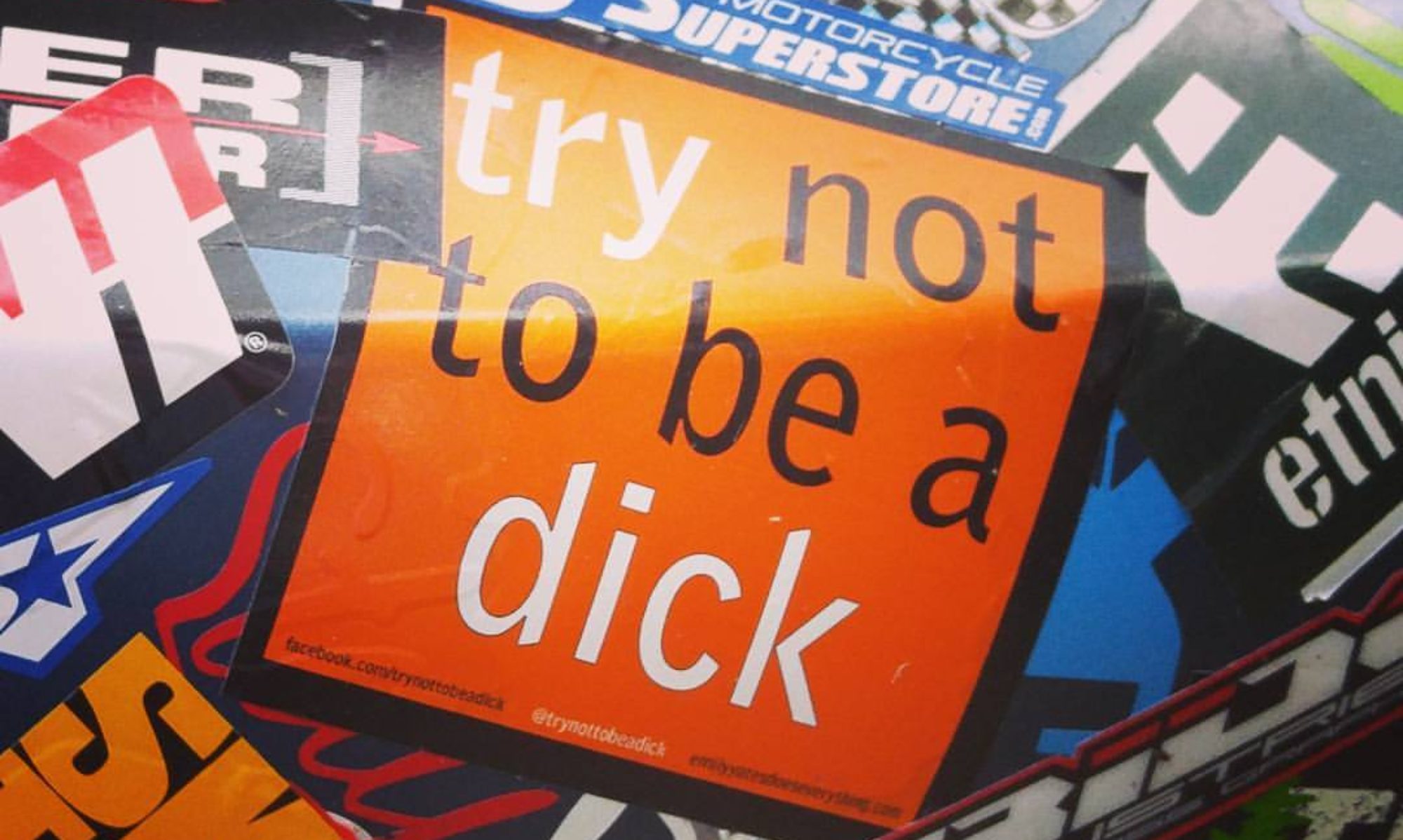Like any devout fan of live music, I’ve spent time at beautiful outdoor concert venues all around the country, dancing in the breeze to the songs of my favorite bands, soaking up the mountains, deserts and oceans that stretch out for miles in every direction. And like many of the people who surround me in the crowd, I’ve been able to enjoy these panoramic views and natural amphitheaters without having much of a clue about their history. After all, as a third-generation Jewtalian-American, my limited knowledge of these places comes from books, rather than stories passed down by ancestors who lived in this land for generations before Europeans arrived here. Because my personal connection to these once-wild expanses of nature goes only as far as the music I’ve heard there (and a few memorable hikes), it can be a harsh wake-up call when I’m reminded that this isn’t the case for all Americans.
One of those reminders came yesterday on the steps of the Denver Capitol, where I’d gathered with a hundred or so others to voice our opposition to the Dakota Access Pipeline in solidarity with the Native American Water Protectors at Standing Rock. We’d returned to the Capitol after rallying there, then marching down to the Wells Fargo Center and parading around its lobby, chanting “Divest from DAPL” and “Water is Life” to bewildered security guards. There had been no arrests, and the energy in the air was full of determination and hope. Several of the indigenous activists who’d organized the rally took time to speak, and it was then that I was jolted out of my comfort zone.
“Look over there toward Red Rocks!” one of the Native elders instructed, and we all turned to face west. “This was one of the last places of Native resistance in Colorado. Every time I hear that damn rock and roll music, I think of how this land was taken from us.”
“That damn rock and roll music.” I had to check myself and the immediate stab of defensiveness I felt when I heard those words. How many shows have I seen at the Red Rocks amphitheater? How many of my friends have played music on that stage, and how many more aspire to do so? After all, we know it as the home of the most glorious natural acoustics in the country. We know it as a place of music, art and community, not as a site of oppression and genocide. But isn’t that the point? We’re privileged to lap up the visual and sonic beauty of Red Rocks, without having to acknowledge or even be aware of the pain that many Native people associate with it. This understanding sank into my heart like a stone as I reminded myself not to be surprised – this is the reality of living in the place we now call America.
How many Native ceremonies took place where that stage now stands? How many lives and homes were destroyed to eventually make room for bleachers, concession stands and a visitor center? How many solemn or celebratory processions were made up those rock formations before there were friendly little trails leading to the top? These are the questions now bouncing around my mind as I’m reminded that this place I love is only available to me because of the suffering of those who were there first, those who were cleared out of the way. The same is true of the United States as a whole – we of non-Native ancestry are only here because the Natives who lived here first were forcibly removed.
The same force used by the United States government to violently remove indigenous tribes from Red Rocks is being used by modern-day colonists to remove them from everywhere else in this country, including the Cannonball River in Standing Rock, North Dakota – where instead of a stage, they’re building the Dakota Access Pipeline. White Americans have a tendency to be defensive about the history of the places we love, to claim that it wasn’t us who displaced and destroyed their inhabitants. We hate being reminded of that shameful past because it makes us feel a whole range of unpleasant emotions, from guilt to anger to depression. But giving in to that defensiveness is what makes it easy for us to ignore all the ways we can be working against the same kind of atrocities in the present and future. Within a water-poisoning pipeline, a Muslim ban, a surge of deportations and indiscriminate drone strikes are echoes of the same entitlement and aggression that wiped out massive populations of indigenous people in this country. The difference is that now, I can’t say “it wasn’t me” unless I’m actively working to end that aggression.
I can choose to be defensive about my identity as the descendant of European immigrants who settled in territory originally occupied by Natives. I can choose to be paralyzed by guilt over my perceived role in perpetuating colonialism as a white American. Or I can choose to participate in decolonization whenever possible – whether that means showing up to protest injustice against people of color, putting my body on the line against aggressive law enforcement trying to maintain the status quo, or simply living my life with the awareness that there’s a hell of a lot I still don’t know about the dark history of this nation. And the next time I hear “that damn rock and roll music” reverberating off of those red rocks, I can choose to listen even closer, until I hear the sound of Native drums still beating – faintly at first, but growing louder every day, until they can no longer be drowned out.
